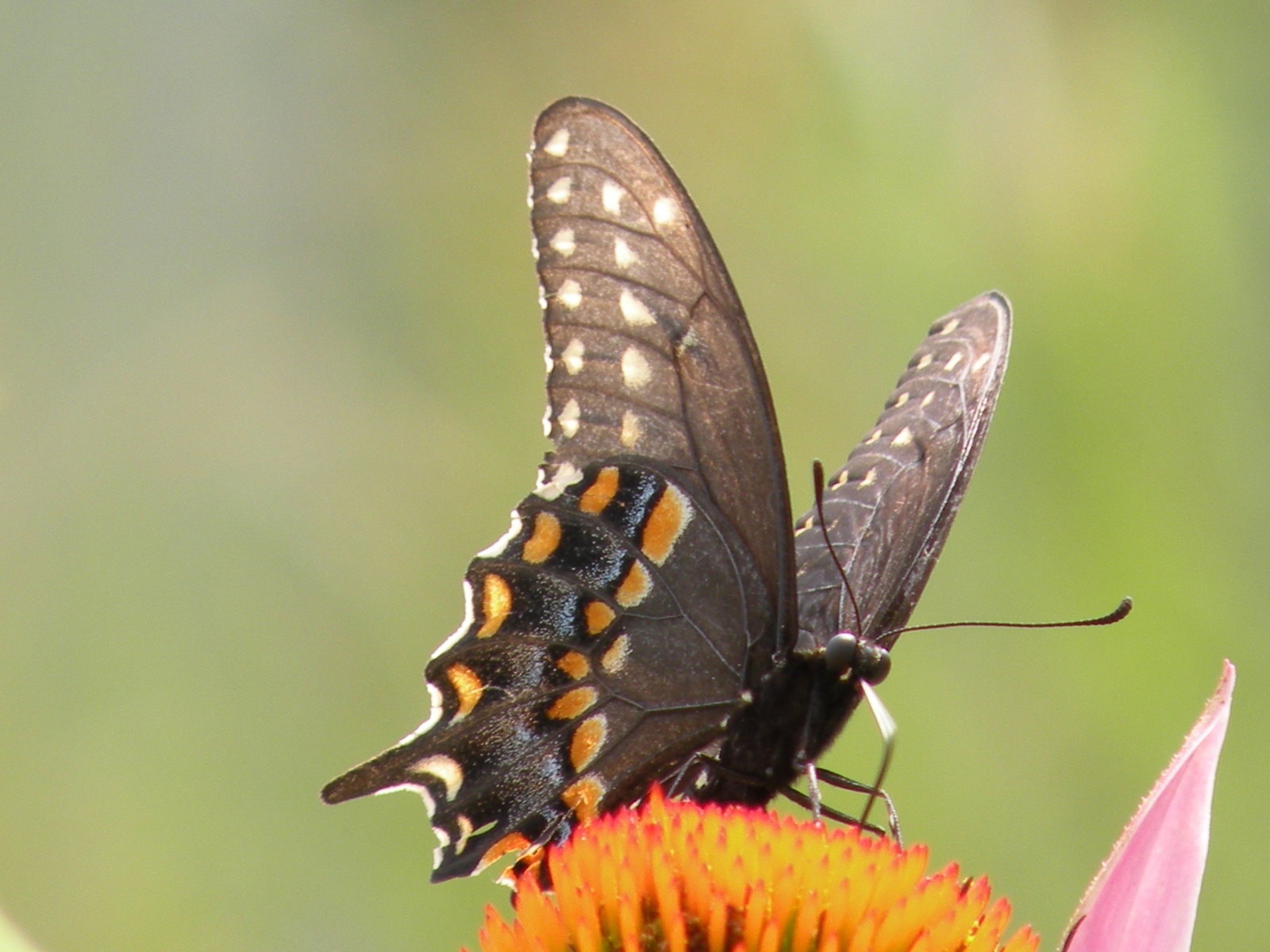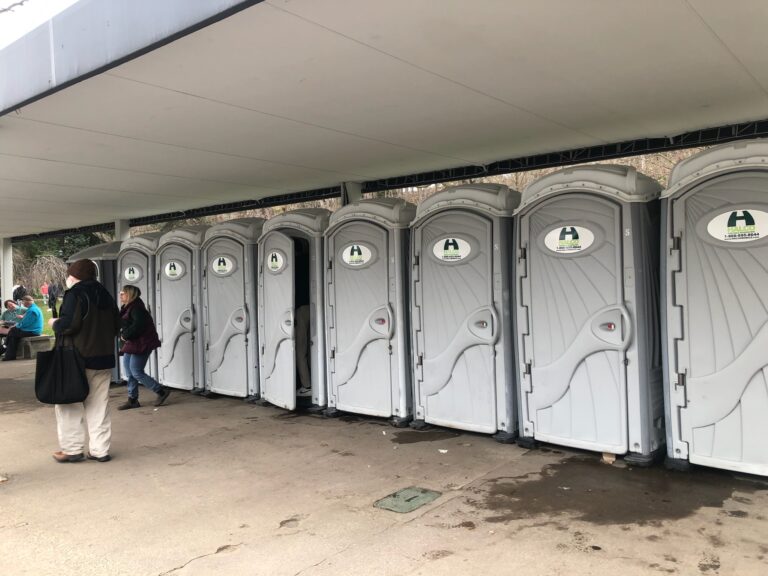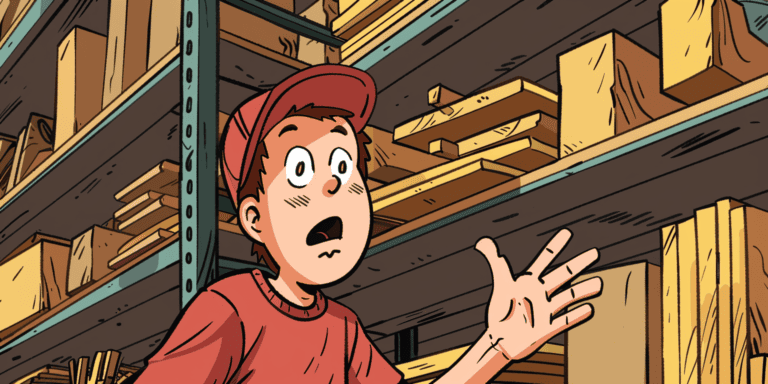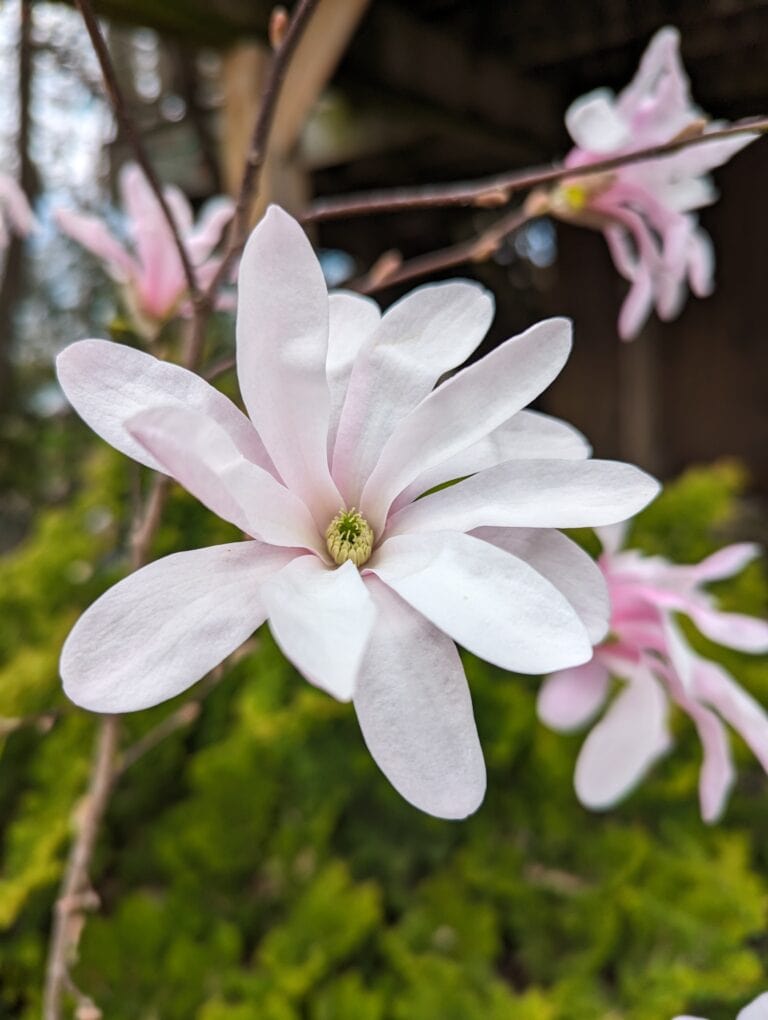I think that there is one thing that we can all agree on – kids spend too much time on their phones or in front of screens.
Whatever happened to the good days when you spent every moment possible playing or just exploring outside?
I grew up on a farm and loved my time outside, especially in the garden whether I was poking a tomato hornworm with a stick or admiring a flower.
I believe it is important to involve children in gardening and there is science to back that up. The benefits range from making kids smarter and healthier, to helping them be more aware of environmental issues.
Did you know that just digging in the dirt makes children healthier?
Studies show that children who were raised on farms don’t have as many respiratory allergies, asthma or autoimmune disorders as children who were raised in urban areas because children who live on farms are exposed to more microbes and fungi in the dirt.
Letting children get outside and get in the dirt may actually make them healthier than keeping them tidy, clean and indoors. Schools are starting to introduce dirt kitchens in their playgrounds to encourage them to play in the dirt. I love this.
Studies also show that when a child is involved in growing different vegetables they are more likely to eat what they grow.
This means an increase in the number of servings of vegetables each day and, in most cases, these vegetables will have been organically grown.
Research also indicates that students who garden score higher on science tests. Schools that offer gardening as part of their curriculum see an increase in their students’ marks on standardized science tests.
That makes sense as they are introduced to botany in a natural, tangible way.
Children who are involved in gardening also develop important, character-building skills such as a sense of responsibility, patience, perseverance and problem-solving abilities.
With gardening there are no instant results. From the planting of a seed to waiting for it to germinate, or from the time it flowers to the time it produces fruit, gardening is a practice of waiting.
Working in a garden can be quite therapeutic and after going through the COVID pandemic we could all use some good horticultural therapy.
It seems that kids are suffering more and more from anxiety and a sense of hopelessness. Mental health issues have become one of the top medical concerns.
Gardening and just connecting with nature has a way of reducing stress. In fact, a study in the Netherlands showed that after 30 minutes of gardening, people who had exhibited stress symptoms beforehand had a “fully restored” positive mood. Nature has a way of calming nerves.
Lastly, gardening is a great workout. Instead of the kids spending their time sitting in front of computer screens with very little movement, gardening activities involve them using different muscles.
It involves stretching, bending, squatting, digging, lifting, pulling and raking. It is a full body workout and the best part is kids will have fun while getting some exercise.
So, come spring, when you are back out in your garden, get your children or grandchildren involved in what you are doing.
Let them plant their own section of the garden and make them responsible to care for it whether they plant vegetables or flowers that will attract birds, butterflies and pollinating insects.
Plant some giant items, like sunflowers, to instil a sense of awe for them. Teach them about the importance of pollinating insects, such as bees, and the role that they play in the garden and not to be afraid of them.
Teach them the importance of feeding the soil. Maybe plan a little secret garden area for them so that the magic of gardens is something that will remain with them as they grow up.
Planting these “seeds” within our children when they are young will make a lasting impact.
Joanne Young is a Niagara-on-the-Lake garden expert and coach. See her website at joanneyoung.ca











